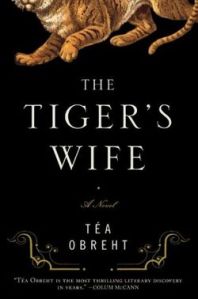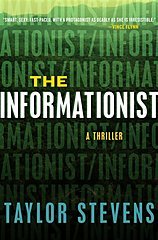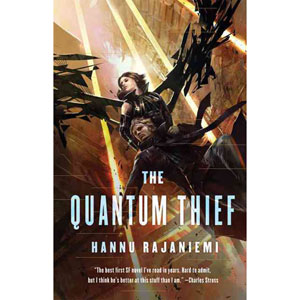Seven Years by Peter Stamm
 Wednesday, March 23, 2011 at 5:05AM
Wednesday, March 23, 2011 at 5:05AM 
Published by Other Press on March 22, 2011
Peter Stamm's Seven Years focuses on a German architect named Alex and, to a significantly lesser extent, on his wife (Sonia) and his paramour (Ivona). Told in the first person from the perspective of Alex, Seven Years chronicles Alex's relationship with Ivona from the time he meets her (before he starts dating Sonia) through the seventh year of his marriage. It is in essence a character study rather than a plot-driven novel.
When Alex first meets Ivona (a Polish Catholic who lives in a dorm and works in a book store) he isn't attracted to her. He thinks she's dumpy and boring, but as he walks her home he begins to feel an intense desire for her. Ivona is instantly in love with Alex but won't permit their relationship to become intimate until much later. Alex sees Ivona again during his engagement to Sonia and again after they marry. The lives of Alex, Sonia, and Ivona become complicated in another respect, but I don't want to provide any further details for fear of giving away the story.
While Seven Years held my interest, I failed to form either an emotional or an intellectual connection with the story or characters. The puzzle in Seven Years is Alex's seemingly uncontrollable desire for Ivona, a woman who in many ways repulses him. Since Sonia shows little passion for Alex it might be understandable if he turned to Ivona to meet that need, but Ivona displays even less passion than Sonia. What Ivona provides is unconditional devotion. Alex derives a feeling "of freedom and protectedness" from Ivona; she expects nothing from him, relieving him of the pressure to meet another person's needs. His life with her is an alternate reality, one that he can visit or leave as he chooses. Somehow he convinces himself that he is ennobled by this relationship, that it would be sordid if they were using each other for casual pleasure. Ivona's friend Eva might have the best explanation for Alex's inexplicable behavior: "Men are like that." Maybe, but it isn't a very insightful or satisfying analysis of Alex's involvement with Ivona.
As hard as it is to understand Alex, it's even more difficult to know what Ivona feels (or Sonia for that matter) because the point of view is exclusively Alex's. While Alex's analysis of his life and actions often struck me as the stuff of pop psychology rather than a meaningful internal examination, his understanding of Ivova and Sonia was even less insightful.
Readers who don't like books that feature unlikable characters should probably give this novel a pass. The characters are realistic but awfully self-absorbed. Ultimately reading the novel felt like listening to a casual acquaintance yammer on endlessly about his life, telling stories that have no real point. I don't need to like characters in order to enjoy a novel but I do want the story to make me feel something. Seven Years left me feeling drained. I admired Peter Stamm's prose style but I can't say I gained anything by reading about these characters.
RECOMMENDED WITH RESERVATIONS




